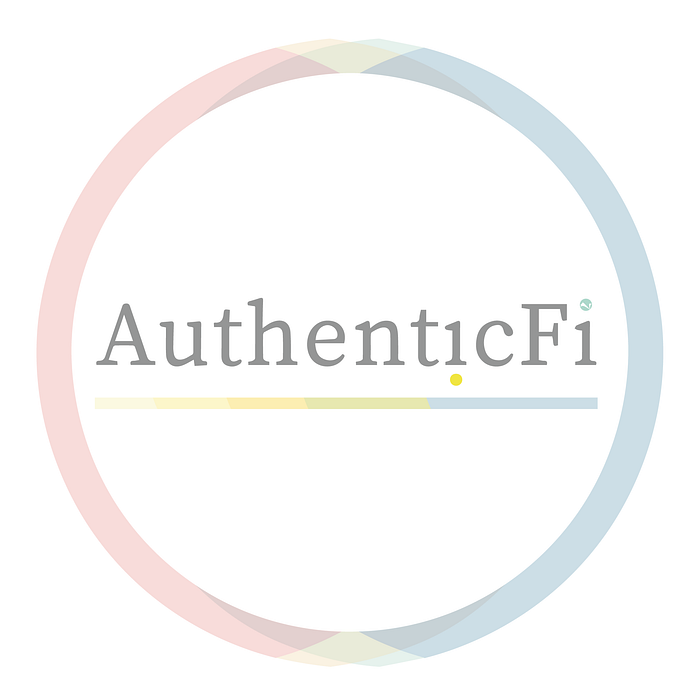Let Go — Not So Frou Frou
Many of us remember the 2004 classic, “The Garden State.” I actually forget the story line, but acutely recall one song from the movie’s soundtrack — “Let Go” by Frou Frou. To this day, the melody graces most of my play lists — not for its accolades but for its lyrics. The whole premise is about jumping into experiences and essentially letting go of pretense, expectations, and most importantly, outcomes.
Letting go of outcomes is one of the hardest lessons to master. The underbelly of that beast is subconsciously thinking we can control other people and/or circumstances (P.S. which is a trauma response). Newsflash: we cannot control anyone or anything else — just ourselves.
‘But what if I really want what I want,’ you ask? Great! Put forth the most intentional effort behind the process of trying to obtain it (and don’t forget to enjoy said process!) — but, at the same time, release attaching to the end result. Sounds easy — good luck.
I pour my heart and soul into ventures — professional, personal, or platonic. (Like John Lennon [RIP], I’m not the only one). Of course, it would be fantastic to have a guarantee of return, but that approach often leads to disappointment and fear-based decision making, ultimately robbing us of fully experiencing life. Focusing on the process and releasing the outcome has helped curb — not my enthusiasm — but rather, control-freak tendencies. After 4 decades of living, I’ve realized I can only control myself and the way I show-up — everything beyond that is outside of my scope.
So, what does this mean in the day-to-day?
Let’s say there’s an ideal job: perfect scope, culture, compensation, people, position, location, etc. It’s easy to immediately fixate on obtaining it (not to be confused with visualizing). Instead, shift the focus to preparing — i.e., understanding the role, the corporate culture, the organization’s mission, etc. and then do the interview with the sole intention of feeling aligned and adding value to it. By letting go of the outcome, you shift the entire dynamics from “pick-me for this!” to “let’s have a conversation around the mutual benefits,” which is ironically, more appealing.
Or, how about if the goal is to lose weight? The same approach applies — instead of focusing on the actual end loss of pounds — shift the energy to the daily choices around food, movement, and managing stress levels, i.e., the process (or journey) to getting there. This way it’s not just about shedding a specific number but maintaining overall health. The latter is much more sustainable.
Even more difficult to grasp; let’s say there is an unwanted parting of ways in a personal relationship. Beyond healing yourself and taking accountability for whatever part you played in the breech (because it always takes two, my dears), the only thing you can do is show-up authentically by apologizing and expressing a sincere interest to re-engage. Then, let the chips fall where they may — no contingencies; sans ego. Meaning, you don’t express remorse only if (you rationalize that) the other person will accept to re-engage. Again, that’s trying to control an outcome, and the big take-away is: we can only control ourselves. The way to do that is by focusing on the effort in the process, detaching from the result, and being true to yourself.
Ultimately, life is about having experiences not controlling outcomes, circumstances, or people — not at all froufrou but actually essential. Still, the (band called) Frou Frou nailed it. “So let go… jump in, Oh, whatcha you waiting for?”

